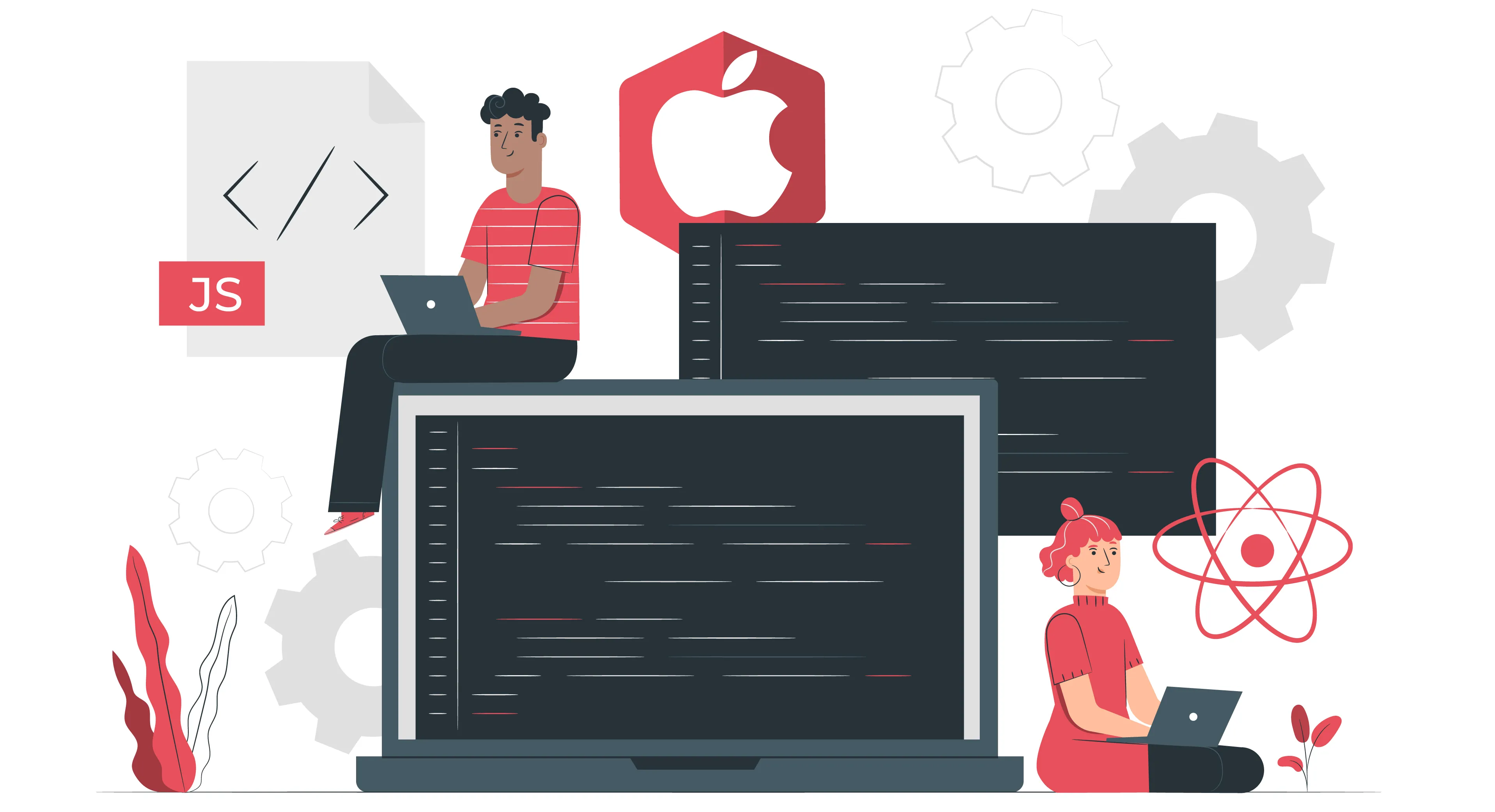It’s not a new thing, everyday we encounter new tools and services, all with a purpose to make the development process easier, faster and better. Testing tools are not a secret or not a new concept. They are here just to simplify and improve the testing process. They are an inevitable part of development process.
In this blog post we are here to shed some light on the testing frameworks, why they are here, what benefits we can get from them and last but not least we will be comparing Top 5 iOS testing frameworks.
What is an iOS Testing Framework?
Traditional approach of testing involves writing test cases and manually executing those test cases. With the advent in technology, there comes the need to deliver software faster with all the desirable features in shortest span of time. To cater all the issues, Automated Testing came into the picture.
In automation testing, test code is written by a QA Engineer and is processed in a special testing environment called, Automation testing framework.
Let’s begin discussing Top 5 iOS Testing Frameworks. There are so many testing frameworks that are available in the market. But here we are discussing only Top 5 to ease of job, you can select the one that best from the best that suits your project needs.
We will be discussing testing frameworks in the alphabetic order along with their strengths, features, test coverage options and how they are licensed.
1. Appium
Appium is a open-source, cross platform tool for automating testing of native,mobile-web and hybrid apps on iOS and Android.
What does these three terms- native, mobile-web and hybrid actually means. Native apps means that are written using iOS, Android and Windows SDK. Mobile-Web apps means web apps accessed using a mobile browser for example - Safari for iOS, Chrome or any built-in browser for Android. Hybrid apps means the one having a wrapper around web content.
This tool allows you to run test cases on real devices, emulators and simulators.
Strengths :
- Cross-platform feature allows reuse of test cases across mobile and web channels.
- You can write test cases with your favourite tool using any web-driver compatible language like Java, Objective-C or JS.
- You are completely free to choose underpinning framework like XCTest for Unit Testing.
- This is a fully open-source tool, thus open to new additions.
2. Apple XCode Test
Apple Xcode Test is the framework designed and created with the support of Apple. So, this is the framework for iOS. According to developer.apple.com “Use XCTest framework to write unit tests for your Xcode projects that integrate seamlessly with Xcode's testing workflow. Tests assert that certain conditions are satisfied during code execution, and record test failures (with optional messages) if those conditions are not satisfied. Tests can also measure the performance of blocks of code to check for performance regressions, and can interact with an application's UI to validate user interaction flows.”
Strengths :
- Supports UI, Unit and Performance Testing.
- Since the testing framework is created with the support of apple. So, this is very easy to embed in applications.
- Testing framework uses Objective-C and Swift, thus making it easier for developers to adapt to the new testing framework and continue with their existing skill set.
- This testing framework is capable of running tests in as a “bot” on XCode Server. Thus, facilitating automatic execution.
3. Calabash
Calabash is an open-source, free to download software developed by Xamarin. It is also cross-platform testing framework supporting iOS and Android platforms.
Strengths :
- Cross-platform feature allows reuse of test scenarios across mobile and web channels.
- This testing framework uses Cucumber to explain test scenarios using BDD. This is an extremely beneficial feature for QA Teams as it helps to make information clear and easy to digest.
4. EarlGrey
EarlGrey is a functional UI testing framework for iOS. According to Google Open Source Blog Several Google applications like Youtube, Google Photos, Google Translate, Google Play Music and many more have successfully adopted EarlGrey.
Strengths :
- This is completely open-source framework.
- It is easy to include in an iOS project. It can be included either directly or via CacaoPods.
- This is a very flexible framework with synchronization feature across internal components.
5. OCMock
This testing framework comes in 2 variants- one is a static library that is used for iOS development and the other is a framework used for OS X development. This testing framework provides support for creating stub objects in iOS application.
Strengths :
- This framework provides one of the easiest ways to add mock objects to the unit test.
- This framework uses Objective-C. Thus, allowing developers to use their existing skill set.
- This is completely open-source framework.
After such a long discussion on the top 5 testing frameworks for iOS. There remains still the same question. It is very hard now to choose the best tool out of best tools.
Question is still the same Which iOS Testing Framework Should You Use?
Based on your needs and experience with the language you can select a testing framework with which it is comfortable for you to work or you can simply try all the frameworks that are listed heer and decide which one to use based on the requirements fulfilled.
Looking at the maturity of the market, I can guarantee that there always exists at least one tool that can cater the needs of almost any developer.
Happy Coding!!! Go try frameworks by yourself. You will definitely find the best for your project.


-p-500.webp)


%201.webp)

